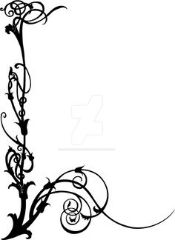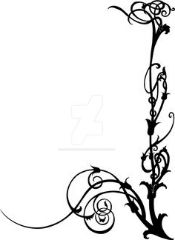✎✎✎✎
Luck has nothing to do with it, because I have spent many, many hours, countless hours, on the court working for my one moment in time, not knowing when it would come.
Professionals in the exercise science industry are trained to apply their knowledge about exercise and its effect on the body to a variety of careers. They may work with sporting agencies and athletes to improve strength and fitness or provide performance analysis. They may also work in roles that promote improved health and wellness within the community, deliver health testing and education programs in corporate environments, or provide sport and recreation services in the tourism and hospitality sector. A research career can lead to developments in sport and exercise science that result in healthier communities and fitter and stronger athletes. This degree in sport and exercise science is one of the first university programs in Canada to offer you a clear pathway into a career as accredited exercise scientist or accredited sports scientist. Graduates of this program will be able to apply complex discipline knowledge to the design, delivery, and evaluation of exercise programs, interventions and assessments that meet the specific needs of their client.
During this course you will complete 300 hours of professional placement with organisations that may include sporting associations, fitness centres, school coaching programs, strength and conditioning programs, academies of sport and related organisations. You will develop confidence in using industry equipment and techniques with facilities on campus that include laboratories for biomechanics, motor control, injury prevention and resistance training. You will access technology that is used by elite sporting teams and coaches to analyse performance.
Your first year of study will focus on an introduction to exercise science, anatomy, physiology and coaching. You will begin to apply this knowledge in a sport and exercise science context with complementing studies in exercise psychology, physical activity and health. During second year, you will continue with studies in core exercise science units of exercise physiology, motor control, skill acquisition and biomechanics, and begin to develop a more holistic understanding of the profession with studies in related areas including food and nutrition, and research in exercise and movement science. Units in your final year concentrate on applied sport and exercise science, specifically sports physiology, sports injury prevention and rehabilitation, sports psychology and performance analysis. This is complemented with professional placement in an area that is of specific interest.

Professionals in the exercise science industry are trained to apply their knowledge about exercise and its effect on the body to a variety of careers. They may work with sporting agencies and athletes to improve strength and fitness or provide performance analysis. They may also work in roles that promote improved health and wellness within the community, deliver health testing and education programs in corporate environments, or provide sport and recreation services in the tourism and hospitality sector. A research career can lead to developments in sport and exercise science that result in healthier communities and fitter and stronger athletes. This degree in sport and exercise science is one of the first university programs in Canada to offer you a clear pathway into a career as accredited exercise scientist or accredited sports scientist. Graduates of this program will be able to apply complex discipline knowledge to the design, delivery, and evaluation of exercise programs, interventions and assessments that meet the specific needs of their client.
During this course you will complete 300 hours of professional placement with organisations that may include sporting associations, fitness centres, school coaching programs, strength and conditioning programs, academies of sport and related organisations. You will develop confidence in using industry equipment and techniques with facilities on campus that include laboratories for biomechanics, motor control, injury prevention and resistance training. You will access technology that is used by elite sporting teams and coaches to analyse performance.
Your first year of study will focus on an introduction to exercise science, anatomy, physiology and coaching. You will begin to apply this knowledge in a sport and exercise science context with complementing studies in exercise psychology, physical activity and health. During second year, you will continue with studies in core exercise science units of exercise physiology, motor control, skill acquisition and biomechanics, and begin to develop a more holistic understanding of the profession with studies in related areas including food and nutrition, and research in exercise and movement science. Units in your final year concentrate on applied sport and exercise science, specifically sports physiology, sports injury prevention and rehabilitation, sports psychology and performance analysis. This is complemented with professional placement in an area that is of specific interest.







